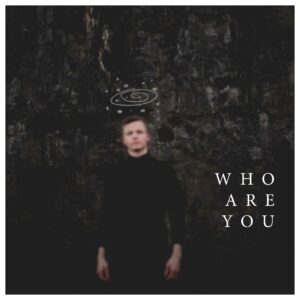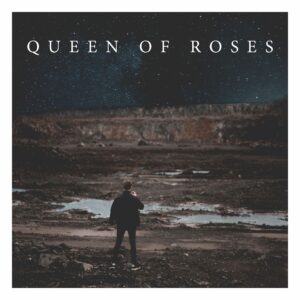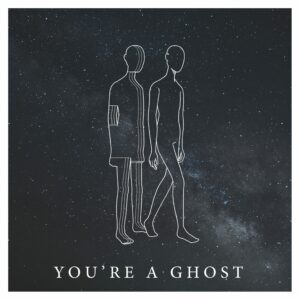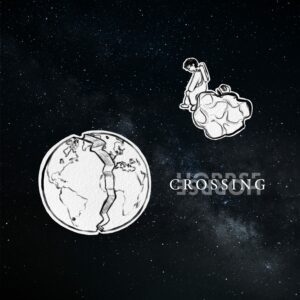HORRSE
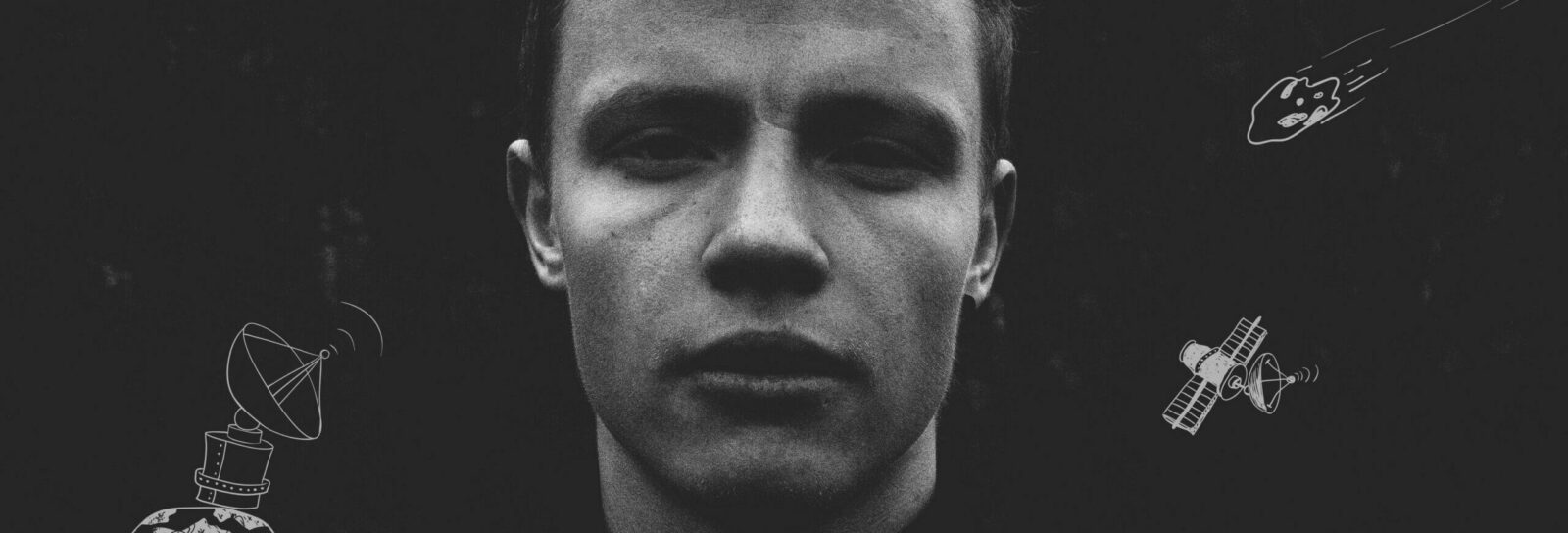
HORRSE
Ragnar Finsson experienced a formative musical epiphany when he first played his family’s guitar as a nine-year-old. He had been struggling at school, feeling “super alien”, but that guitar lit a pathway forwards, as he explains.
“When I picked it up and started strumming it was like everything had faded to grey without me even knowing. And now, suddenly, life was exploding with colour that I didn’t even know was missing.”
Sixteen years and plenty more time with the guitar on, those colours burst out of the 25-year-old Faroe Islands folk musician’s debut EP as HORRSE, released through Tutl Records on November 5, 2021. In just four tracks, HORRSE establishes himself as a musician of great warmth, empathy, care and imagination, whose sharpened sensitivity to psychological struggle, societal unease and ambient sound reflects a highly modern reinterpretation of deep folk traditions. Honeyed and heartfelt, pretty and thorned, the dreamy arpeggios and lambent twinkle of ‘Queen of Roses’ frame a reflection on identity with a sure and soft touch, redolent of Sufjan Stevens at his most sharp and serene. In its unhurried lollop, ‘You’re a Ghost’ embellishes beatific folk with atmospheric shading, pitched between the campfire, the mysteries of the psyche and the great beyond. The insistent thrum and blossoming chorus of ‘Who Are You’ carry deepening reflections on identity, while ‘Devil in the Flesh’ utilises oldtime folk gothic-folk imagery to illuminate modern themes and feelings: political corruption, apocalyptic anxieties.
If it sounds like Finsson has music in his DNA, his background bears the point out. “I almost grew up in a studio,” he notes; his mother used to sing, while his father was a studio engineer and professional session keyboardist/pianist. School was “an absolute nightmare”, says Finsson; he struggled to connect with others. Yet music offered a vital form of clarity and a means of expression. And he found the right vehicle for both. In an early band formed with friends, he played covers of the Sex Pistols, the Ramones, Green Day, Blink-182 and AC/DC. “I was born and bred in punk rock,” he says, proudly. Practise would lead to a preparatory course for conservatory and professional work as a session guitarist, which included playing as part of a support act to Bon Jovi at Copenhagen’s Parken Stadium. The ride wasn’t always easy. Finsson dropped out of high school three times and struggled with “jazz-ish”guitar studies (“Schools, you know,” he says); then, a move to Sweden to study folk music was curtailed after two years due to his mental health struggles. But a spark was lit. As much as he loved playing guitar, Finsson realised he was a singer, performer and songwriter at heart, hungry for something new. At 16, his guitar tutor had played him ‘Blue Diamond Mines’ by John Doyle, initiating another epiphany: duly, Finsson’s punk roots branched off towards folk. “I now consider my home genres to be Irish/Appalachian folk, Americana and blues. All of these are very similar to me, and they all bear a striking resemblance to the punk-rock I played as a kid. Appalachian folk songs (-the south) + teenage anxiety = Blink-182.” With other influences including Sam Amidon, José Gonzalez, Lightning Hopkins, Robert Johnson, Bob Dylan, Tom Waits and RL Burnside, Finsson was on the road to HORRSE. Along the way, he formed a “straight-up folk” band called Raske Drenge with a fiddler he met in Sweden, though HORRSE’s understanding of folk’s reach is more expansive. Besides the EP’s melodic precision and subtleties of instrumental colour, the songs unfold on the back of supple grooves, opening up the space and flexibility needed for Finsson’s melodies and layered lyrics to connect with audiences. ‘You’re a Ghost’ explores long term psychological struggle with a poetic touch that leaves air for the listener; ‘Devil in the Flesh’ couples poetry with a punch of relevance. Either way, as Finsson says, “Even though I’m a folk guy, I want to create and not just preserve. I want actual humans to connect with my music, whether they’re folkies or not, and relevant lyrics are a key ingredient.” Other key ingredients include Finsson’s collaborators. The sometime drummer for Faroese singer songwriter and local hero Eivør, Høgni Lisberg produced and played drums on the EP. Árni Jóhannesson, from Finsson’s old punk band, played bass. Kristian Pauli Ellefsen, local jazz powerhouse, played keys; close friend Vinjar Egilsness Petersen was the in-studio engineer. As for the name, Finsson adopted HORRSE for a number of reasons. Firstly, an Irish fiddler during his sessions in Sweden used to greet new arrivals in the room by shouting, “Hey, Horse!” Meanwhile, Ragnar sees other equine qualities in HORRSE’s sound. “Some key associations that fit the music would be: movement, moving forward, momentum, force, strength/sensitivity (horses are both strong and sensitive), unpredictable, and highly intuitive or emotionally driven.” Wherever HORRSE’s journey leads, these exquisite, agile first steps serve loving notice of a bold, brilliant newcomer’s arrival.




